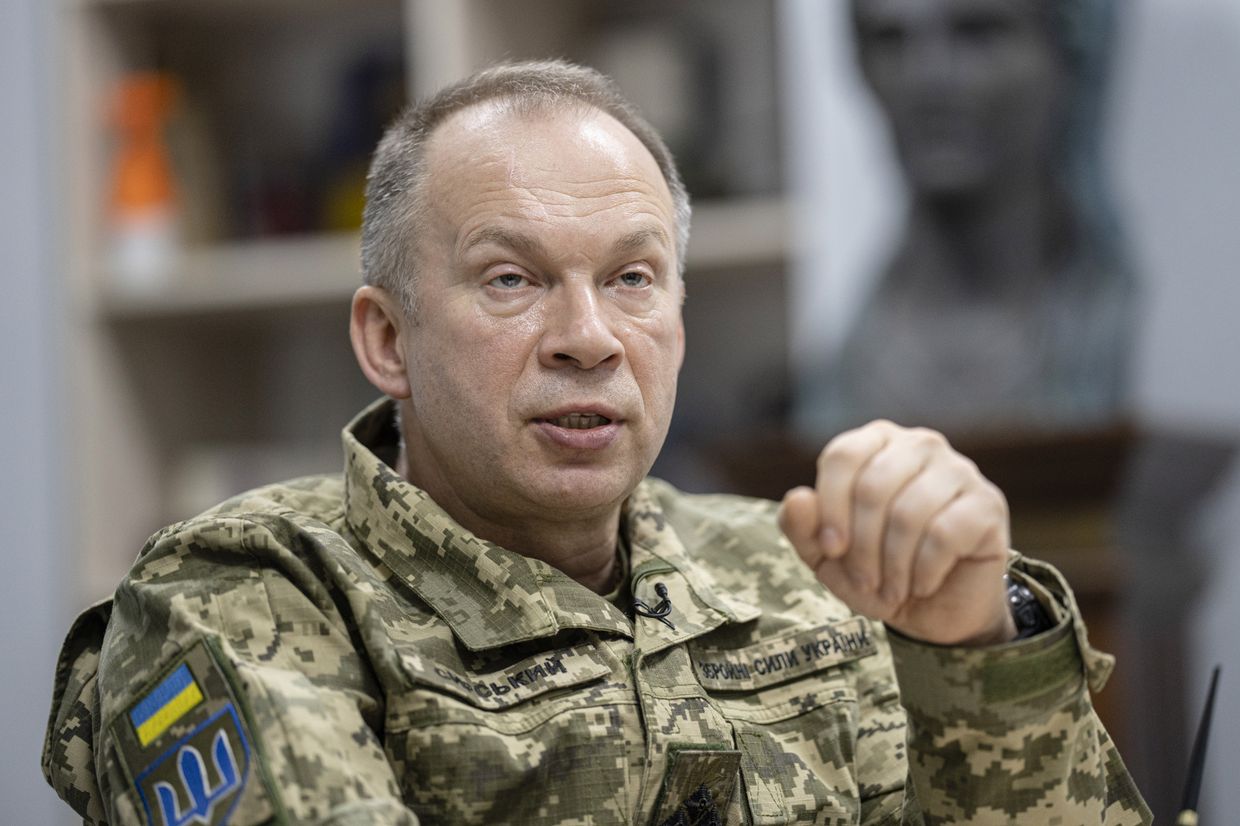European gas prices rise after Russian gas transit through Ukraine halts

European gas prices rose by 4.3% to almost 51 euros on the first trading day after Ukraine stopped transiting Russia’s natural gas to central-Europe, Bloomberg reported on Jan. 2.
Ukraine terminated Russian natural gas transit through its territory on Jan. 1, having repeatedly warned it would not extend the agreement when it expired at the end of 2024 because it did not want to finance Russia's war.
The rise in gas prices to 51 euros per megawatt-hour is the highest since October 2023, and comes ahead of freezing temperatures forecast across much of Europe.
Experts told Bloomberg that the halt in supply will be remedied by tapping stored reserves this winter, but higher demand is expected for natural gas to refill inventories over the course of 2025.
Liquified natural gas (LNG) can only partially replace Russian natural gas flows due to the lack of infrastructure for its transport and its higher price.
Stopping Russian gas transit through Ukraine is "one of Moscow's biggest defeats," President Volodymyr Zelensky said on Jan. 1 on his Telegram channel.
"When Putin was handed power in Russia over 25 years ago, the annual gas pumping through Ukraine to Europe stood at over 130 billion cubic meters. Today, the transit of Russian gas is 0. This is one of Moscow's biggest defeats," Zelensky said.
"Turning energy into a weapon and cynical energy blackmail of partners is what deprived Russia of its most attractive and geographically accessible market."
According to Zelensky, most European countries "have adapted" to the termination of Russian gas transit. Zelensky added that the allies' common task now is to support Moldova, dependent on Russian supplies, in its energy transformation.
Zelensky said he believes that U.S. gas supplies and other partners will make energy market prices more favorable.











